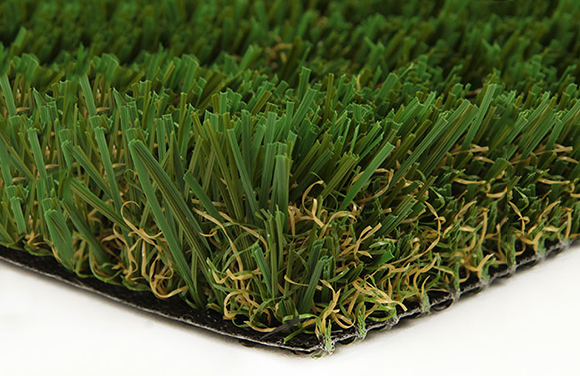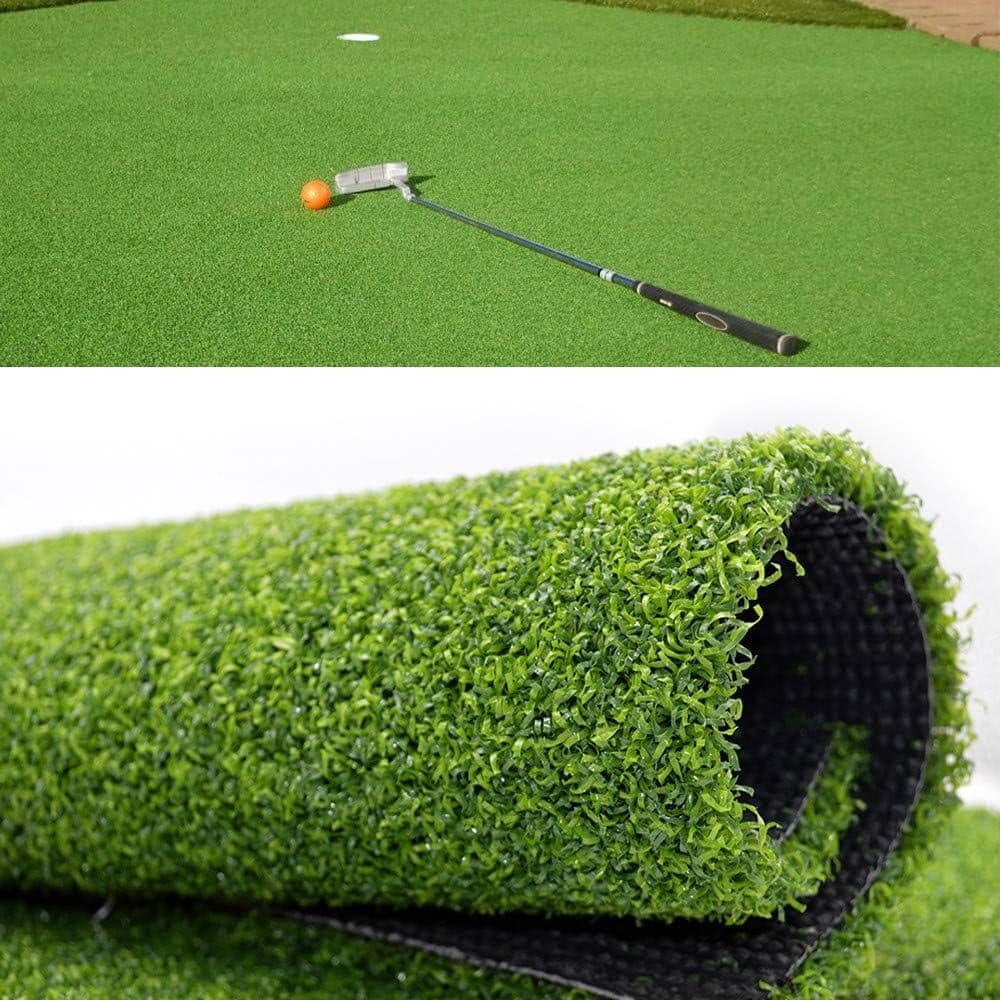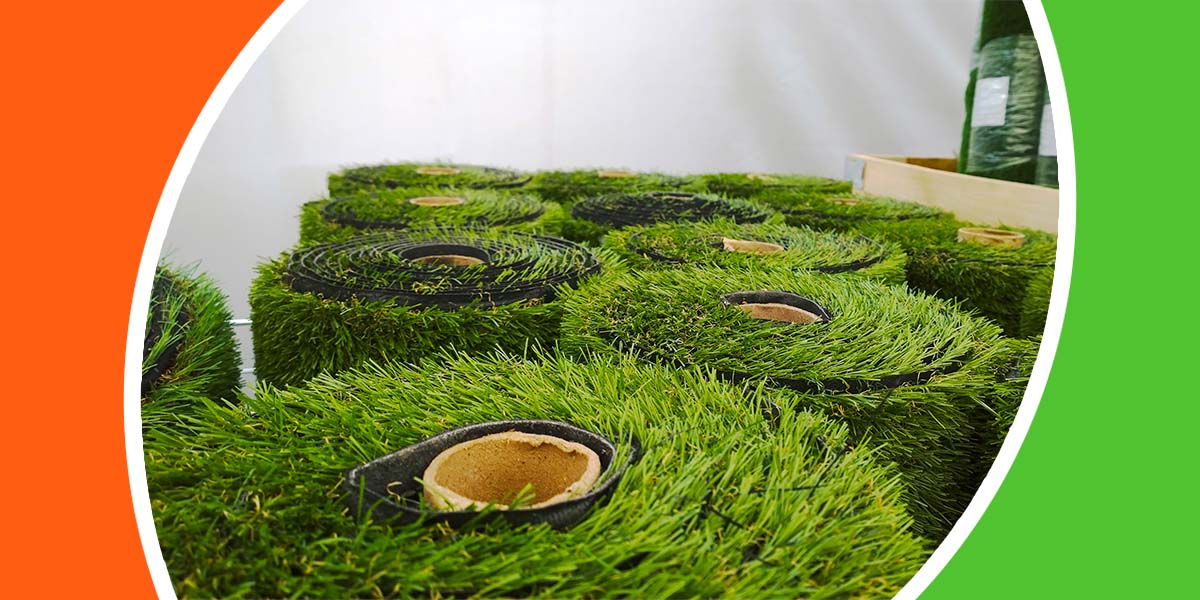Look Into the Environmental Conveniences of Opting for Artificial Turf Solutions
The adoption of synthetic grass solutions presents an engaging possibility to resolve pushing ecological difficulties. By substantially minimizing water usage and reducing the application of dangerous chemicals, these choices not only promote lasting landscape design however also secure neighborhood environments. Additionally, the reduced carbon impact associated with decreased upkeep tasks adds to a more lasting technique to land administration. Nevertheless, the implications of these advantages extend past simple preservation efforts, questioning regarding their long-term effect on environment preservation and total ecological equilibrium. Exploring these measurements discloses a complex interaction worth considering.
Water Conservation Benefits
One of one of the most significant benefits of synthetic turf is its ability to conserve water. Typical turf lawns require substantial watering, especially in locations prone to dry spell or water restrictions. On the other hand, synthetic grass does not need watering, dramatically minimizing the total need for water sources. This function is specifically helpful in deserts where water deficiency is a pushing problem.
By eliminating the demand for regular watering, synthetic grass contributes to lasting landscape techniques and aids reduce the environmental impact of extreme water consumption. The conservation of water prolongs to the decrease of overflow, which can lead to soil erosion and river pollution.
Furthermore, the setup of synthetic lawn permits towns and homeowners to assign water resources a lot more efficiently, concentrating on crucial uses such as drinking water and agriculture. The change towards synthetic grass not only advertises liable water use but also lines up with wider environmental goals targeted at protecting natural sources.
As communities significantly prioritize sustainability, the water preservation benefits of synthetic grass present an engaging instance for its adoption in industrial and domestic landscape design jobs.
Minimized Chemical Use
The shift to artificial lawn significantly decreases the dependence on chemical treatments typically used in natural yard maintenance. Typical lawn management normally includes the application of plant foods, herbicides, and pesticides to advertise development and control parasites. These chemicals can present risks to human health, neighborhood wild animals, and the environment, adding to soil and water contamination.
In comparison, synthetic grass eliminates the demand for these dangerous substances. As soon as installed, it needs marginal maintenance, mainly including regular cleansing and irregular infill replenishment. This reduction in chemical usage not just benefits the instant atmosphere however also adds to broader eco-friendly security. By reducing the release of artificial compounds right into the ecological community, synthetic grass promotes much healthier soil and water systems.
Moreover, the lack of chemical overflow linked with synthetic grass installations assists protect local waterways from contamination, supporting marine life and preserving biodiversity. Arizona turf. As neighborhoods progressively prioritize sustainable practices, choosing synthetic grass presents a feasible service that lines up with ecological conservation objectives. With this change, residential or commercial property owners can take pleasure in rich eco-friendly areas without compromising ecological health and wellness, leading the way for a much more lasting future
Lower Carbon Footprint

Furthermore, the installation of websites synthetic turf can result in significant water preservation. All-natural yards call for considerable amounts of water for watering, which not only includes in the carbon footprint related to water removal and therapy yet also strains regional water resources. In contrast, synthetic grass requires minimal maintenance, calling for no watering, therefore substantially reducing water use and its associated energy prices.
In addition, the durability of synthetic grass adds to its decreased carbon influence. With a lifespan of up to 15 years or even more, the need for constant substitutes is diminished, leading to less waste and lower energy usage in production and throwing away conventional yard options. Overall, man-made grass presents a lasting alternative for eco mindful landscaping.
Habitat Preservation
Environment conservation is an essential consideration in the discussion over landscape design choices, particularly when contrasting fabricated lawn to all-natural turf. Natural lawn yards often require comprehensive maintenance, consisting of using herbicides, plant foods, and chemicals, which can adversely affect neighborhood communities. These chemicals can leach into the soil and rivers, harming indigenous flora and animals and interrupting local habitats.
Synthetic grass gets rid of the demand for hazardous chemicals, consequently securing nearby wildlife and preserving the stability of surrounding environments. The installment of fabricated lawn can lead to the conversion of previous lawn locations into even more biodiverse landscapes, such as pollinator yards or indigenous plant areas, which can support local wildlife.
Inevitably, the change to synthetic grass not just saves water and decreases maintenance efforts yet additionally cultivates an extra unified connection between human activities and the native environment, promoting habitat preservation while doing so.
Long-Term Sustainability
Lasting sustainability is a crucial consider reviewing the benefits of synthetic grass over typical yard yards. Among one of the most considerable advantages of man-made turf is its resilience; it can last up to 15-20 years with very little maintenance, whereas all-natural grass calls for regular reseeding and substitute. This durability lowers the requirement for constant resources, such as water, plant foods, and pesticides, which are essential for preserving a healthy and balanced turf yard.
Furthermore, synthetic lawn adds to a reduction in carbon discharges connected with lawn treatment devices. Conventional grass usually need gas-powered mowers, leaners, and blowers, every one of which add to air pollution. Turf installation phoenix az. On the other hand, artificial grass removes the need for such devices, advertising a cleaner environment
Additionally, the manufacturing of artificial grass significantly utilizes recycled materials, boosting its sustainability account. As manufacturers adopt eco-friendly practices, the environmental impact of fabricated turf remains to decrease.

Conclusion
The fostering of man-made turf options offers substantial ecological benefits, consisting of significant water preservation, lowered look at this web-site dependence on damaging chemicals, and a lower carbon footprint. Moreover, synthetic grass help in protecting natural habitats by reducing land disturbance and promoting long-term sustainability via using sturdy products. Jointly, these variables highlight the capacity of synthetic useful link grass to add positively to environmental health and offer a viable choice to standard landscaping techniques in an increasingly resource-conscious globe.
In comparison, fabricated turf does not need watering, significantly minimizing the total need for water sources. By reducing the launch of synthetic substances into the community, fabricated grass promotes healthier dirt and water systems.
Moreover, the installation of fabricated grass can result in considerable water preservation. In contrast, artificial grass needs minimal upkeep, needing no watering, thus significantly minimizing water use and its connected power costs.
